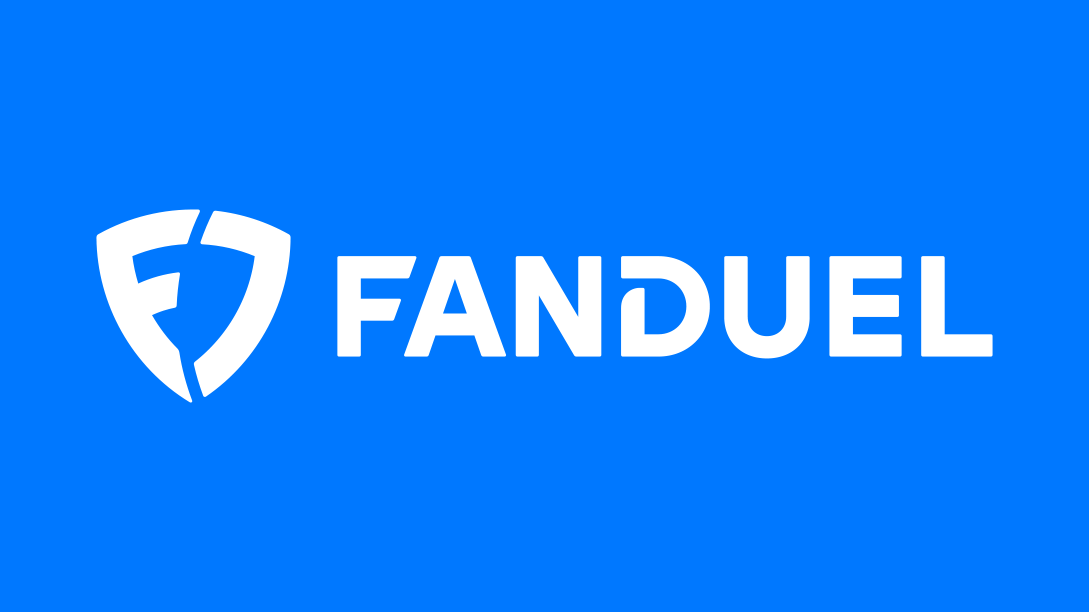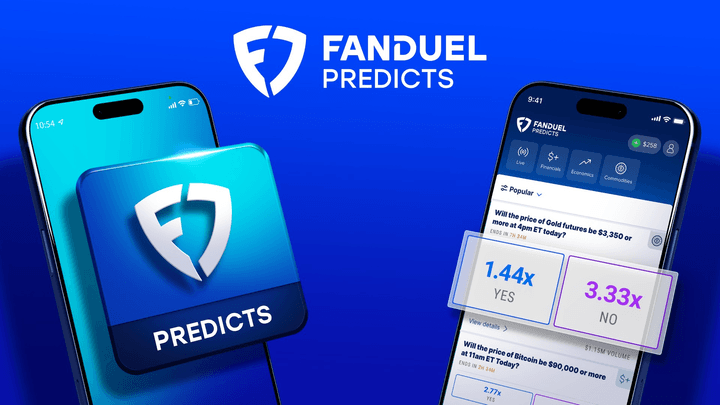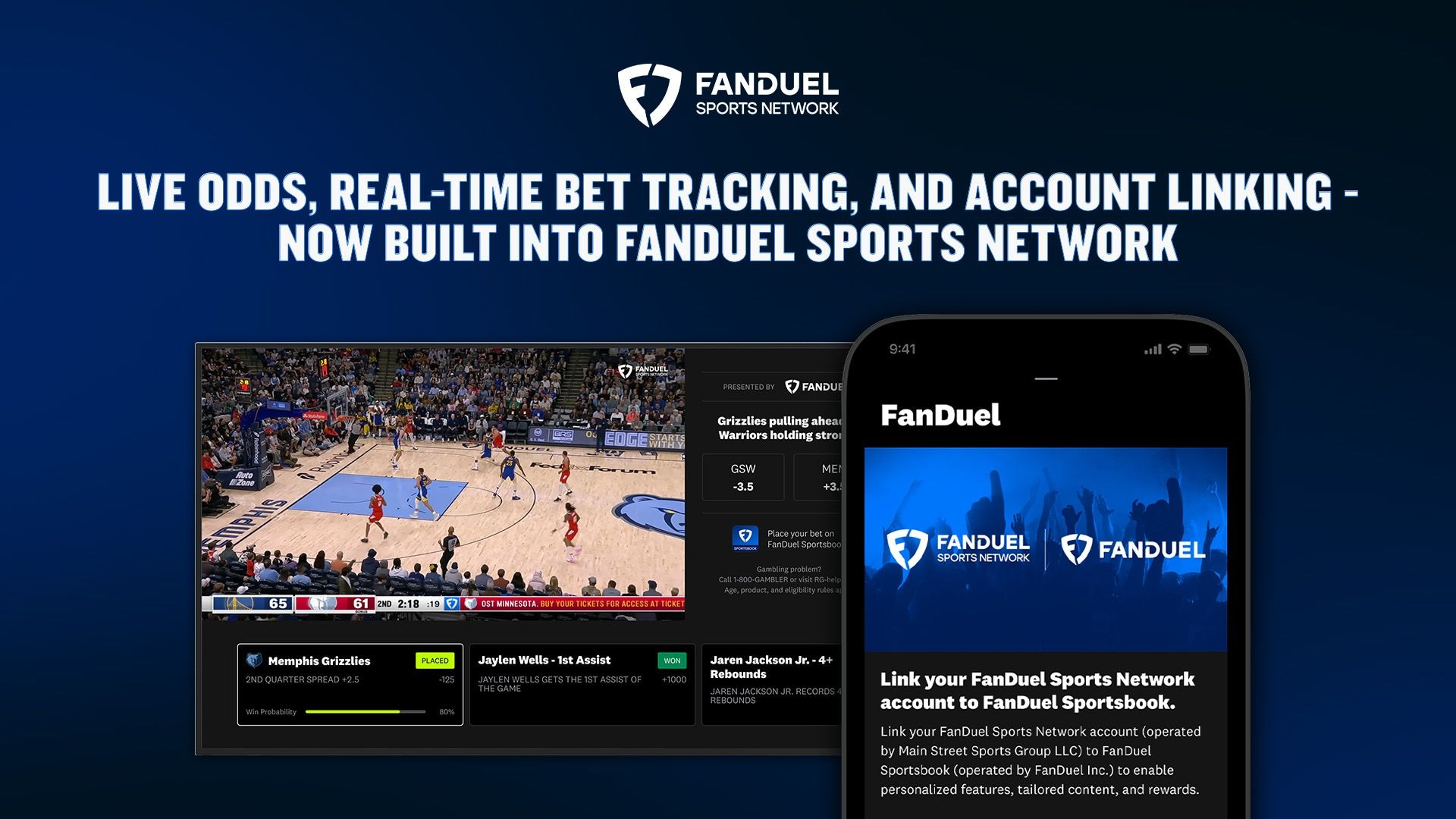FanDuel Testimony at New York Assembly Standing Committees on Racing and Wagering and Consumer Affairs and Protection

Cory Fox, Counsel for Policy and Government Affairs
December 8, 2015
Good morning Chairman Pretlow and members of the committee. Thank you for the opportunity to testify today. My name is Cory Fox and I am counsel for policy and government affairs for FanDuel.
I first want to thank the Chairman and the committee for its hard work in studying this issue. FanDuel appreciates the opportunity to provide information and to work with the Legislature to ensure that New Yorkers can continue to play the fantasy sports games that they love.
Recognizing that we have limited time today and that committee members likely have many questions, I am going to keep my prepared remarks brief. I first want to provide some background on FanDuel and then discuss the evolution of the fantasy sports industry.
In 2009, our co-founders realized they might be able to address some of the growing user frustration with traditional fantasy sports, which had existed in more or less the same format for over 25 years. Instead of being stuck with the same team all season where a bad draft could quickly put you hopelessly behind with nothing to do but wait for the season to end, you could select a new team every week. We thought it was a more fun way to play, and our fans agreed.
FanDuel established its headquarters in New York in 2011 because of the state’s skilled job force and focus on technological innovation. At the beginning of 2013, FanDuel had 16 employees in New York. Today we have over 200. FanDuel is a thriving technology startup with over five million users, including, until recently, hundreds of thousands of sports fans in New York. The Company takes pride in its role as a leader in New York’s tech community. And has won numerous awards in recognition of this leadership role, including a 2015 People’s Choice Award for Best Mobile Sports App and being recognized as a top 100 Brilliant Company by Entrepreneur Magazine. FanDuel is committed to being a good corporate citizen of the New York community. To that end, FanDuel regularly hosts charity contests throughout the year for a variety of causes, including for the American Cancer Society and Wounded Warrior. FanDuel’s investors include a who’s who of the American sports, media, and private equity landscape: Google, Comcast, NBC Sports, Time-Warner, KKR, Shamrock Capital, and others.
FanDuel and other fantasy sports providers have a singular goal—to enhance user enjoyment of fantasy sports and sporting events. This shared love for sports is what has led FanDuel to partner with professional sports teams and leagues. Today, FanDuel serves as the exclusive one-day fantasy sponsor of sixteen teams in the National Football League and another sixteen teams in the National Basketball Association, including the New York Jets, Buffalo Bills and Brooklyn Nets. The Brooklyn Nets have provided written testimony for today’s hearing that describes how their relationship with FanDuel benefits their organization. FanDuel is also the Official One-Day Fantasy Partner of the National Basketball Association.
While companies like FanDuel are relatively new to the industry, fantasy sports have been around since at least the 1980s. Thanks to the growth made possible by the Internet, today there is a huge range of fantasy sports contest types. There are head-to-head contests, draft and auction leagues, keeper leagues, and large-format tournaments. There are contests that last a day, contests that last a week, contests that last for part of a season or for an entire season, and contests that carry on for years, with participants signing their fantasy players to multi-year fantasy “contracts.”
Regardless of the format, at their core, fantasy sports are about providing passionate fans the opportunity to simulate the role of general manager by selecting a group of athletes, under various constraints, and then competing with family, friends and fellow sports fans to determine who can assemble the best team.
While I’m sure many of you are frequent fantasy players like myself, I’ll provide a brief summary of how fantasy football contests work for the few of you who have not played yet. Players typically draft or select a team of nine real-world football players to fill positions like quarterback, running back, wide receiver, tight end, and kicker. Points are then accumulated based on the statistical performances of the real-world players. A running back, for instance, earns one point for every ten rushing yards and six points for a touchdown. I want to emphasize that fantasy sports is not about who wins or loses the game, it is about who performs the best in certain statistical areas. At the end of the weekend of games, the fantasy team with the most fantasy points wins.
While many traditional leagues use a “draft” format where each real-world athlete can only be selected by a single contest participant, in most daily or weekly leagues the real-world athletes can be selected by any participant. In this format, each real-world athlete is assigned a fantasy “salary” based on their likelihood to gain fantasy points relative to other real-world athletes, and participants must assemble a team that fits under a fantasy “salary cap.”
There is a view out there that daily or weekly fantasy sports contests are somehow different from season-long formats. In fact, as I’ve just described, the two formats are nearly identical. All of the same basic principles found in the season-long format exist in the daily or weekly format. You still need to assemble a team of eight to ten real-world players. You still have to fill multiple positions with players from different teams. And those players earn points through the exact same scoring system that is used in season-long leagues. The main difference is the duration of the contest. Whereas some contests last for a full real-world season or several seasons, DFS contests typically begin and end in a week for NFL games, or a day for other games.
In this way, DFS contests represent a natural step in the continued evolution of fantasy sports – they use technology to transform the way people enjoy playing in much the same way that technology has enabled consumers to transform how they shop for groceries, purchase event tickets, or experience any number of products and services. With over 5 million customers, and scores of ancillary businesses producing radio and television shows, websites, news reports and analysis specifically about daily fantasy sports, DFS contests now occupy an accepted and mainstream place in the broader fantasy sports community. And we expect that place to grow. FanDuel has always aspired to be a mass-market sports entertainment platform for true sports fans, and we are confident that planned product enhancements to better enable social interaction among players and expand once in a lifetime experiential prizing, such as NBA floor seats, NFL sidelines passes and the chance to be their favorite team’s “General Manager for a Day,” will only enhance our customers’ enjoyment.
We know too that our industry’s ability to grow and flourish depends on operating our platforms in a transparent manner that consumers trust. We are committed to doing our part to earn and maintain that trust, and stand ready to work with legislators on solutions in that regard.
In conclusion, we want to work with you to ensure that fantasy contests are legal, safe for consumers, and continue to provide the great entertainment value that has driven our growth over the past few years. We believe that the best path forward for the fantasy sports industry is to craft regulatory solutions that will allow the millions of users who love fantasy sports to continue to play. And most importantly, to do so on platforms operated by legitimate U.S. companies with a demonstrated commitment to working with regulators to ensure compliance with requirements to address their concerns.
Thank you and I am happy to answer any questions.
Read More

FanDuel and CME Group Launch FanDuel Predicts to Give Customers the Power to Trade on Tomorrow's Headlines
December 22, 2025
FANDUEL AND FANDUEL SPORTS NETWORK CONTINUE BROADENING STRATEGIC PARTNERSHIP WITH LAUNCH OF BET TRACKING ACROSS SELECT NBA AND NHL GAMES
December 16, 2025